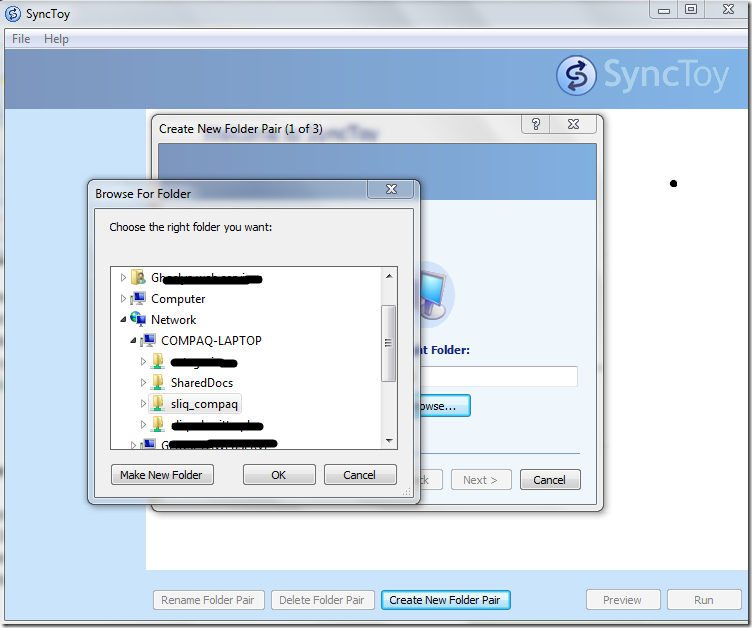

- Mountain duck sync folders how to#
- Mountain duck sync folders Offline#
- Mountain duck sync folders free#
- Mountain duck sync folders mac#
Mountain duck sync folders Offline#
This includes synchronizing files to your local disk when opened, select which files and folders to have offline (RcloneTray allows downloading all files only), file manager integration, and more.
Mountain duck sync folders free#
RcloneTray is free and open source software, and it does allow mounting cloud storages easily from a tray menu not only on Windows and macOS, but also on Linux, but it lacks some important Mountain Duck features. RcloneTray was created as a free alternative to Mountain Duck, a tray application for mounting your server or cloud storage as a disk in Finder on macOS and File Explorer on Windows, using Cyberduck for the synchronization work. What's more, the authorization link did not open automatically in my web browser when I tried to setup a new remote/provider using the RcloneTray new bookmark option.
Mountain duck sync folders how to#
I personally find it easier to add a new remote to Rclone from the command line (run rclone config in a console and follow the setup wizard - for example see how to configure and mount Microsoft OneDrive using Rclone) than using the RcloneTray option to add a new bookmark. The RcloneTray "Create new Bookmark" dialog, which can also be used to edit an existing "bookmark" (called "remote" in Rclone)

Optional serving via HTTP, FTP, Restic and WebDAV (needs to be enabled in the RcloneTray preferences).You may also use this to edit existing remotes/providers Option to create a new "bookmark" (this is called "remote" in Rclone) which lists all available providers, and then shows all the options available for that provider.To enable the Console Browser option (this is how Rclone's ncdu is shown in the RcloneTray menu), you'll need to open the RcloneTray settings, go to the NCDU tab and enable it from there. This command line tool is missing quite a few features right now, but it's still quite useful already. On some remotes (this option is available for Google Drive and Dropbox remotes, but not for OneDrive for example) you also have the option of downloading the whole remote contents to your filesystem for offline use, and uploading all the files copied to the folder mapped to the remote cloud storage server.įrom the RcloneTray menu you also get quick access to Rclone's ncdu (not to be confused with ncdu itself, this is only for rclone), an interactive, text-based user interface for the console, which allows the navigation of a remote, showing the used space. To indicate when a remote is mounted, the circle shown to the left of the remote name fills up. For some remotes (Google Drive and Dropbox for example) though, it may say "Open in Finder" even though it's running on Linux this is just a display bug and it does open the location using your default Linux file manager. You have the option of mounting any remote you've previously configured using Rclone, from the RcloneTray menu, be it some cloud storage provider, WebDAV, SFTP, etc., as well as opening it using your default file manager.

RcloneTray lists all your Rclone remotes in its tray menu, each remote having a separate submenu that varies with each storage service. It also supports mounting these cloud storage services so you can access your files using desktop applications. Rclone can synchronize files from your filesystem from/to cloud storage services like Google Drive, Microsoft OneDrive, Nextcloud, Yandex Disk, Dropbox, Amazon Drive and S3, Mega, pCloud, and others (and having WebDAV, FTP and SFTP support), as well as directly between cloud storage services.

Using this Electron tray application, you'll be able to quickly mount Rclone remotes, open the mount location using your default file manager, and perform other operations.Īlso see Rclone Browser (updated fork) for a more complete Rclone GUI.
Mountain duck sync folders mac#
RcloneTray is a GUI for Rclone, the "rsync for cloud storage" command line tool, which runs on Windows, Mac and Linux.


 0 kommentar(er)
0 kommentar(er)
